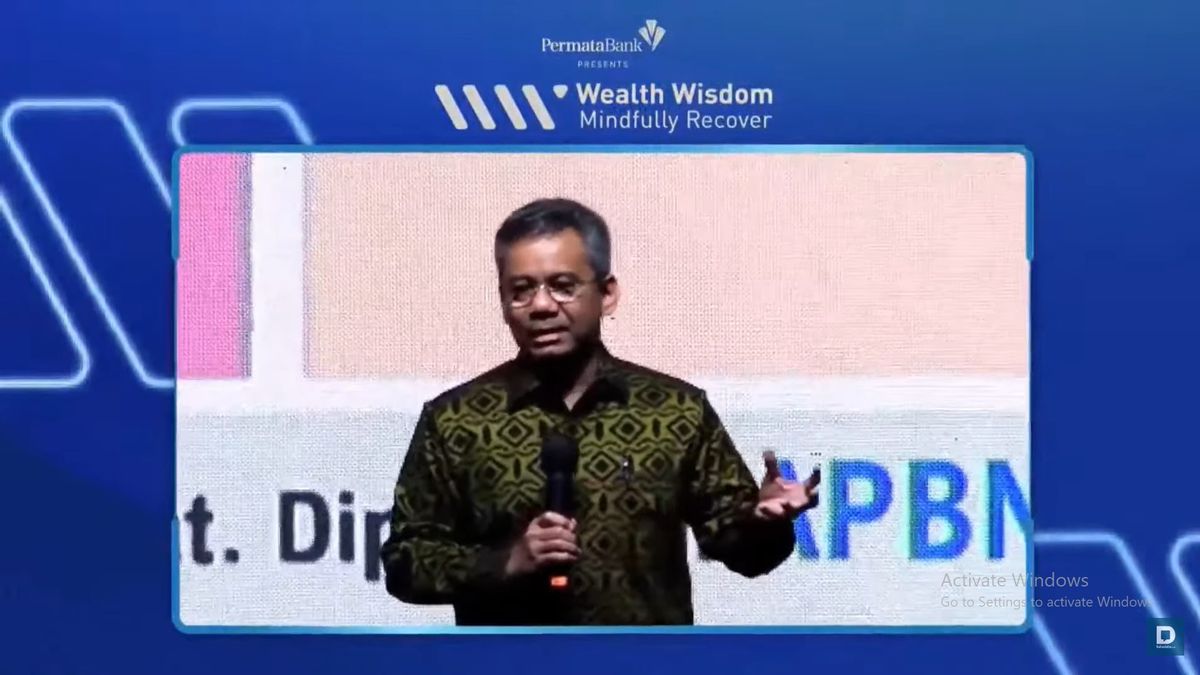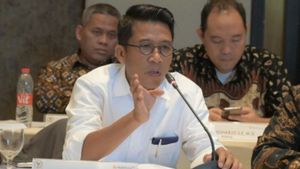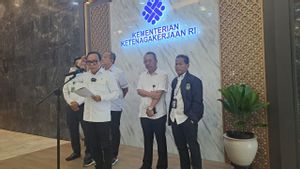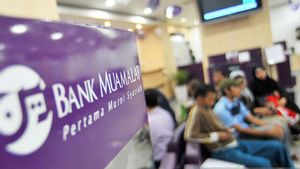JAKARTA - Deputy Minister of Finance (Wamenkeu) Suahasil Nazara revealed that one of the properties of the APBN that has been maintained to date is the flexibility to always be adaptive in managing economic risks.
According to him, fiscal instruments are designed in such a way as to be able to withstand shocks during shocks such as the COVID-19 pandemic, so that it is not immediately forwarded to the public.
In a discussion forum titled Economic Outlook 2023, the representative from Sri Mulyani shared various stories when the government had to re-calibrate state spending in the current year in order to adapt to the latest developments.
"We know (early this year) there was a geopolitical situation (war in Ukraine) which made commodity prices, such as petroleum, coal, CPO, and food prices increase rapidly. In fact, in the next development there was fluctuations that caused prices to rise and fall very quickly. This of course makes us the planning (APBN) dizzy, "he said on Tuesday, November 29.
For information, the government and the DPR in May 2022 have agreed to make a number of changes to the 2022 State Budget so that it can continue to be relevant to the existing dynamics.
One of the driving things is the increase in subsidy spending and compensation with the aim of becoming a public buffer for the surge in energy commodity prices, especially fuel oil. Meanwhile, the revision of state finances in the current year is contained in Presidential Regulation (Perpres) Number 98 of 2022 concerning the implementation of the 2022 State Budget.
Furthermore, Suahasil explained that this condition clearly had a separate impact on the community and the business world.
"When we made the planning, we then looked for points to be able to carry out reforms in order to find new sources of growth from the economy," he said.
For this reason, he said that the government had set five policy directions in regulatory reform in order to achieve the source of economic growth in question. First, the use of domestic products.
Second, downstreaming of natural resources. Third, new and renewable energy development and energy transition to green. Fourth, the use of digital technology. Five, financial sector reform (commodating digital transactions).
"We hope that the implementation of this structural reform can be a catalyst for economic growth," he stressed.
The English, Chinese, Japanese, Arabic, and French versions are automatically generated by the AI. So there may still be inaccuracies in translating, please always see Indonesian as our main language. (system supported by DigitalSiber.id)








